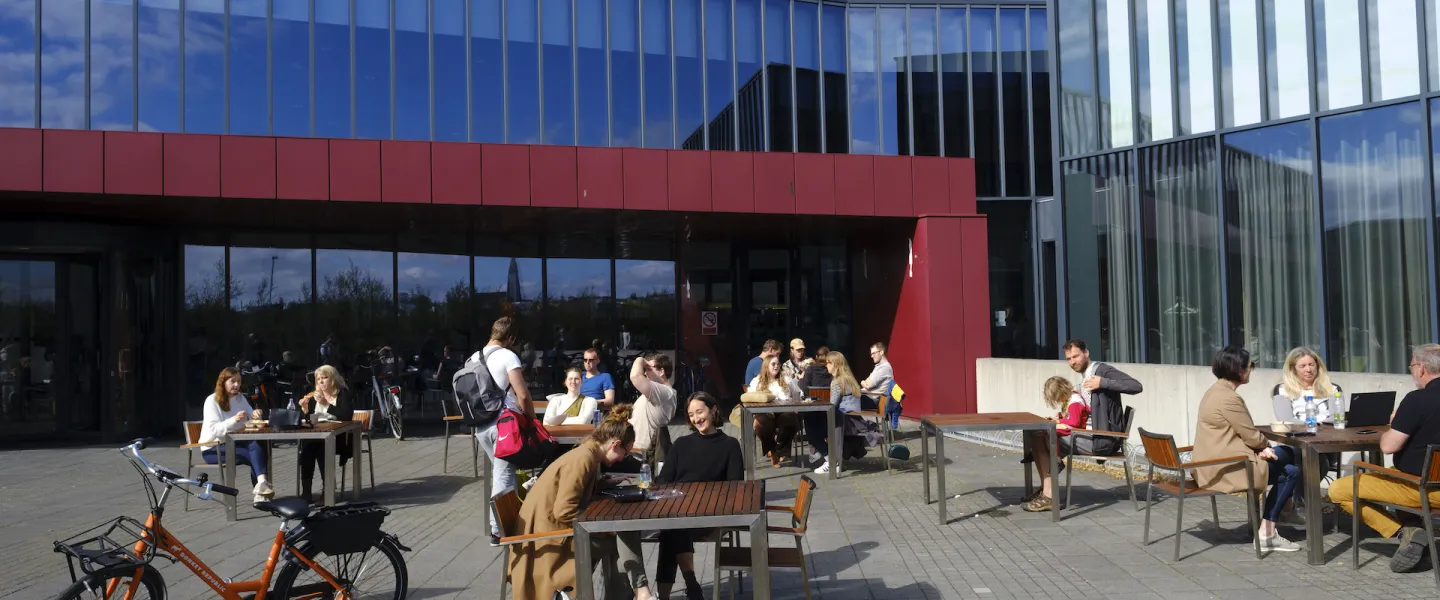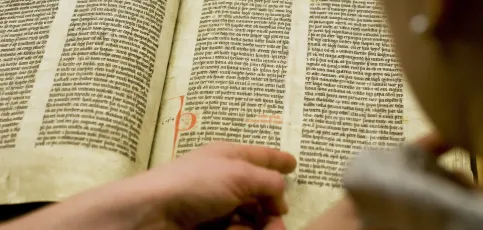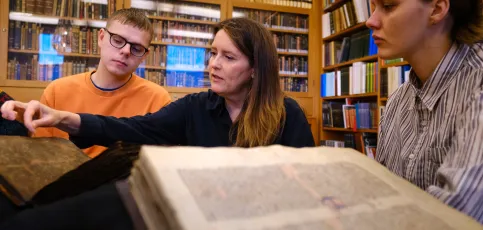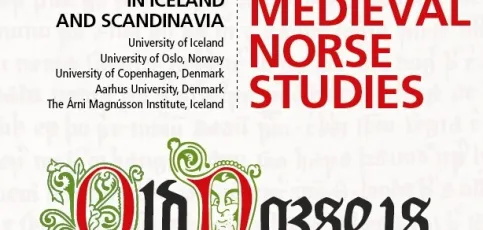
The first semester in the Viking and Medieval Norse Studies and the Medieval Icelandic Studies programmes is devoted to laying the foundation for further course work and thesis research through intensive survey courses on the Old Norse-Icelandic literary corpus, the medieval history of Iceland and Scandinavia, and the Old Norse-Icelandic literary language.
As the Old Norse-Icelandic literary corpus is vast, incoming students must get a head start by reading selected works in translation and acquainting themselves with the current scholarship.
Inquiries regarding the application form should be directed to admission@hi.is.
Inquiries about the study programmes should be directed to oldnorse@hi.is.





